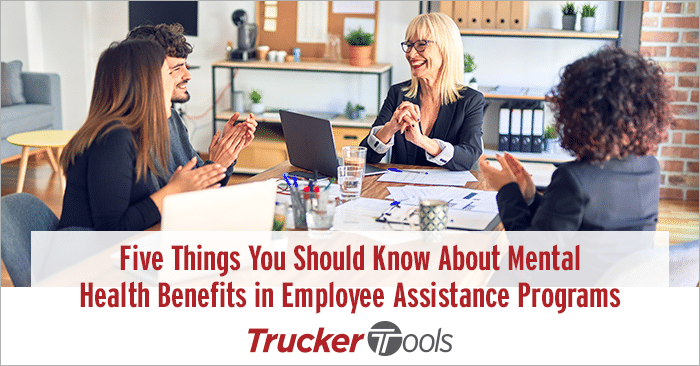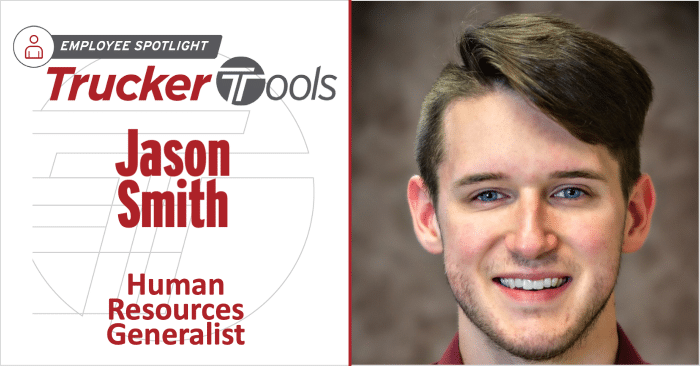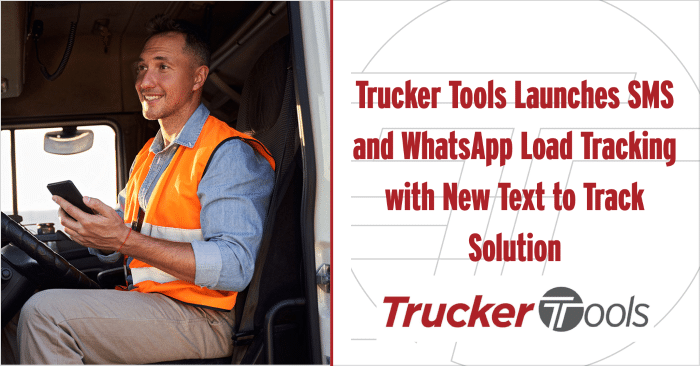According to a report from the Washington Post published in June, the transportation industry has the third-tightest labor market in the nation after manufacturing (number 1) and state and local governments (number 2). The logistics industry was already facing a significant talent shortage before the pandemic hit. Declining birth rates, younger candidates without experience and a greater need for technology-based skills all were fueling this shortage prior to the pandemic. Since the pandemic arrived, the talent shortage in logistics has increased as some have changed jobs or left the workforce altogether because of COVID-19.
One of the ways that carrier, freight brokerage and 3PL businesses are attracting and retaining talent is by offering richer benefits, including mental health benefits, to become employers of choice. Trucker Tools recently spoke with Dr. Kirleen Neely, CEO of San Antonio-based Neely Behavioral Health and a licensed professional counselor, to learn more about how some transportation companies are using Employee Assistance Programs (EAPs) to offer mental health services to employees. The mental health benefits included in these EAPs do more than help the individual employee — they also provide tangible benefits to you as the employer.
Here are five things you should know about mental health benefits in employee assistance programs.

1. Employee Assistance Programs Can Help Reduce Employee Turnover
Dr. Neely and her team work with transportation companies of all sizes and are able to customize what services are offered through the EAP. Neely Behavioral Health’s EAP for transportation companies generally includes five to 10 free, fully confidential mental health counseling sessions, legal advice, financial planning and more.
“EAPs are not as expensive as people think,” said Dr. Neely. “People need a place to talk about their wellness needs. Don’t ignore it. Don’t just be so focused on the load and getting the load from point A to point B that you’re not realizing that mental health issues are why you have constant turnover. As a transportation business owner, you have to invest on the front end so that the back end can really sustain your business.”
Don’t just be so focused on the load and getting the load from point A to point B that you’re not realizing that mental health issues are why you have constant turnover. As a transportation business owner, you have to invest on the front end so that the back end can really sustain your business.
2. Mental Health Affects Your Bottom Line
“In the transportation industry, mental health hasn’t always been valued and sometimes dollars don’t get allocated for these kinds of services,” said Neely. “What we’re trying to help transportation companies understand is that mental health affects your bottom line. When people are not happy, when they’re burned out, when they’re depressed or when they’re suicidal, they don’t show up and do the best job at work. It’s a matter of getting the decision-makers who control the budgets to understand that mental health and performance are connected. If you take care of the employee, they work more and they work better for you.”
3. Counseling Sessions Are Free for Employees
“With our transportation EAPs, the driver and their household, which can include a spouse and children, will get access to between five and 10 sessions of counseling that they can use,” Dr. Neely explained. “These counseling sessions are fully confidential. We also have very specific services for truck drivers. We have a series of videos on how to parent from the road and on how to manage your health while you’re away from home.”
52 percent of people with a mood disorder said that cost prevents them from trying a treatment they’re interested in. EAPs that include mental health services eliminate that cost barrier for the employee.
According to a survey whose results were published this year by the National Alliance on Mental Illness, 52 percent of people with a mood disorder said that cost prevents them from trying a treatment they’re interested in. EAPs that include mental health services eliminate that cost barrier for the employee.
4. Employees Can Continue Counseling Once They Exhaust EAP Benefits
“Our policy is that if you want to keep seeing a counselor because you’ve already built a rapport, you can stay with that provider and we’ll figure out a way to keep those services going,” said Dr. Neely. “If you want to get referred out or something else, we will do that, as well. It’s really important to have continuity of care because when you pour your guts out to somebody, it’s really hard to say, ‘Oh well, we’re at session six. See you later.’ We make sure that we have that built in that we’re partnering in a way that it can be fluid. You get those six sessions and then after that you may have your copay, but you’re not necessarily having to change providers all the time.”
5. No Mental Health Diagnosis Required
When you receive counseling through an EAP, you also don’t need to be assigned a diagnosis, which is a major benefit. Most health insurance plans always require a diagnosis to pay mental health claims.
“When you go to your primary care doctor or to a therapist outside an EAP with your regular health insurance, they have to give you a diagnosis,” Dr. Neely said. “They cannot get paid unless they diagnose you with something. With the EAP, we don’t have that limitation because these sessions are supposed to give you time to come in and just talk. It is 100 percent confidential. We still get paid with a diagnosis or not, so you’re safe in that way and that is part of why EAPs can be so beneficial to companies.”
For more of our conversation with Dr. Neely, read Dr. Kirleen Neely on Trucker Mental Health and Mental Health Resources Available to Truckers. If you’re in crisis, call the NAMI Helpline at 1-800-950-NAMI or text “NAMI” to 741741.






